In this article we recommend seven of the best ancient history books that are still extant and widely available. All of these texts are products of the ancient world. If you’re interested in ancient history, these are essentials to include in your home library.
Read on to learn SoC’s seven best ancient history books:
Histories by Herodotus

Herodotus was born during the Classical Period of ancient Greece in the Ionian-Greek city of Halicarnassus. He is credited as being the world’s first historian. Because, before his time, history wasn’t recorded or studied as a discipline in the ancient world.
Herodotus never set out to be a historian per se. Rather, his aim was to memorialize the great achievements of both Greeks and non-Greeks. This effort led him to produce Histories — a text that is remarkable for the foremost reason that it established the genre of its namesake.
His research for Histories brought him all over the eastern Mediterranean world. The text covers famous battles both in and outside of Greece. And it introduces readers to the ancient world’s fabulous non-Greek civilizations, like the Egyptians, Phoenicians, and Phrygians.
History of the Peloponnesian War by Thucydides
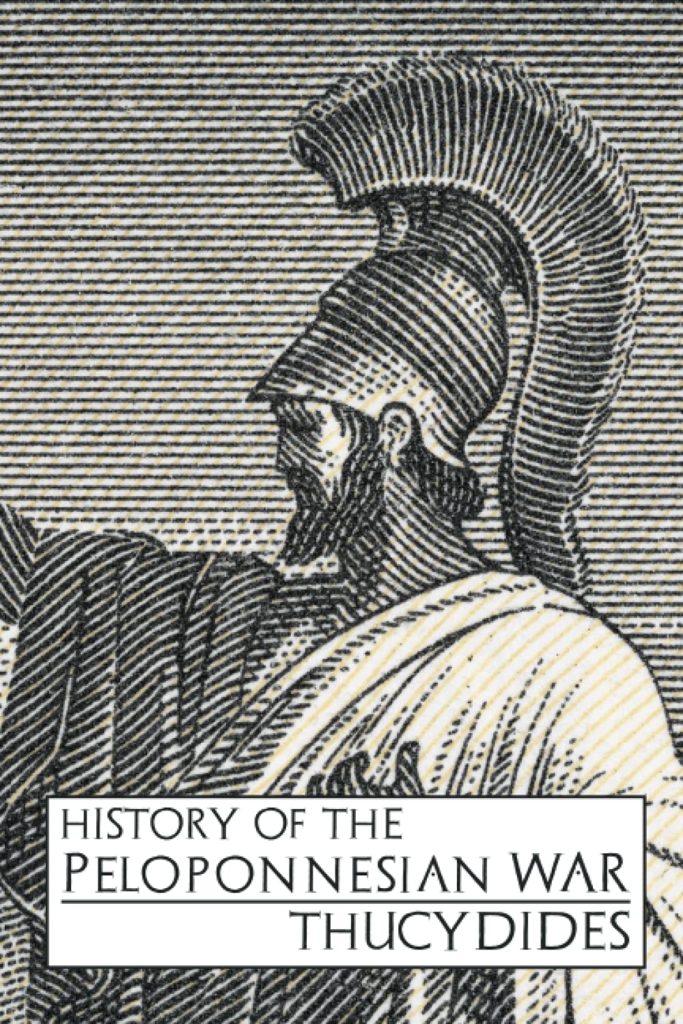
The Peloponnesian War was the defining conflict of the Classical Period of ancient Greece. And its history is meticulously chronicled by Thucydides, an Athenian general who lived shortly after Herodotus. He’s the author of one of the best ancient history books of all time: History of the Peloponnesian War.
Thucydides’ text covers the first 20 years of the 27-year conflict fought between the Delian League, headed by Athens, and the Peloponnesian League, headed by Sparta. He discusses the politics behind how it started and the military dynamic between the two leagues: Athens was dominant at sea and Sparta on land. At the end of this long war, Thucydides’ native Athens was defeated. Its democracy was extirpated and replaced by a Spartan oligarchy.
The Peloponnesian War is still studied in diplomacy and foreign relations courses for its lasting military and political significance. From an ancient history perspective, however, this conflict is mostly relevant because it marked the end of Athenian dominance in the eastern Mediterranean world.
The Iliad by Homer
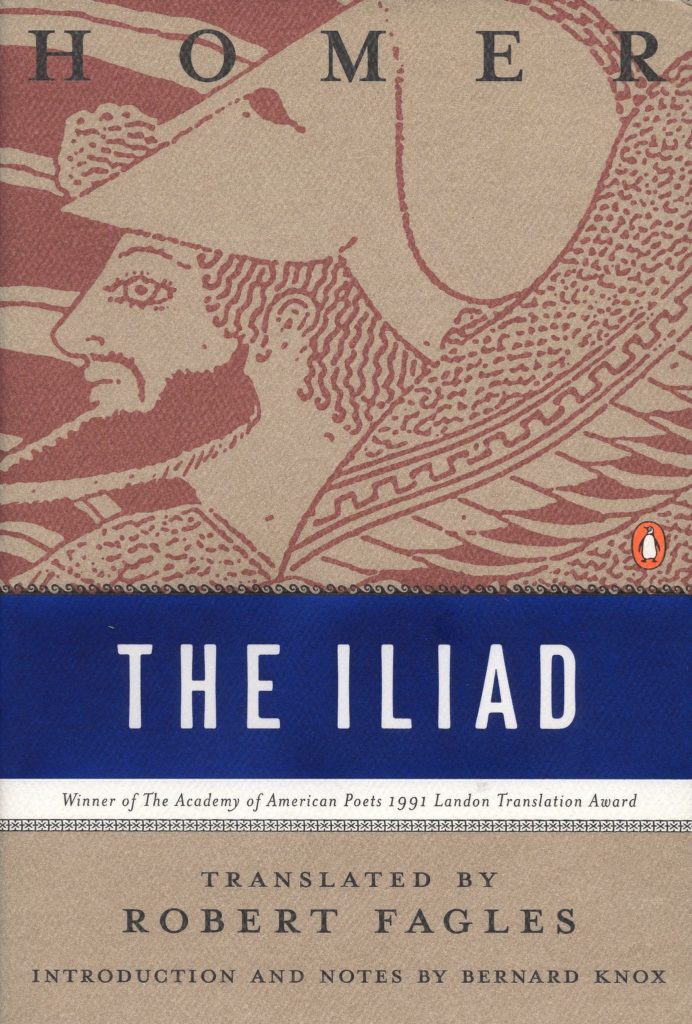
While it’s certainly not a history, The Iliad is one of the most important ancient texts ever written down. Homer’s epic poem details the events of the Trojan War. The story of this war was passed on through oral tradition for hundreds (maybe even thousands) of years before it was transcribed in the 8th century BC.
The Iliad memorialized the cultural lore that would remain in tact throughout all three periods of ancient Greece. Notably, it introduces readers to the major political players of the ancient world and the devious gods of the Greek pantheon.
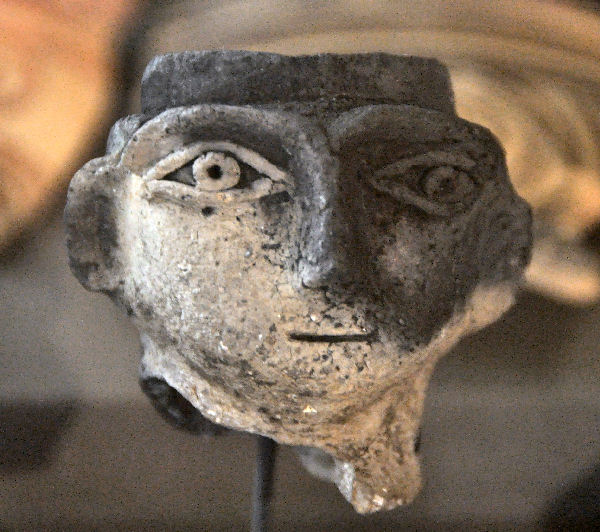
The events of the epic take place outside the walls of the ancient city of Troy in northwest Anatolia. At its core, The Iliad is the story of a great clash of cultures: Trojans versus Greeks; East versus West. For a long time the Trojan War was believed to be entirely fictional. But archaeological discoveries of the 20th century have connected one context layer of an ancient Anatolian settlement on the site of Troy with the events of Homer’s Iliad.
The Republic by Plato
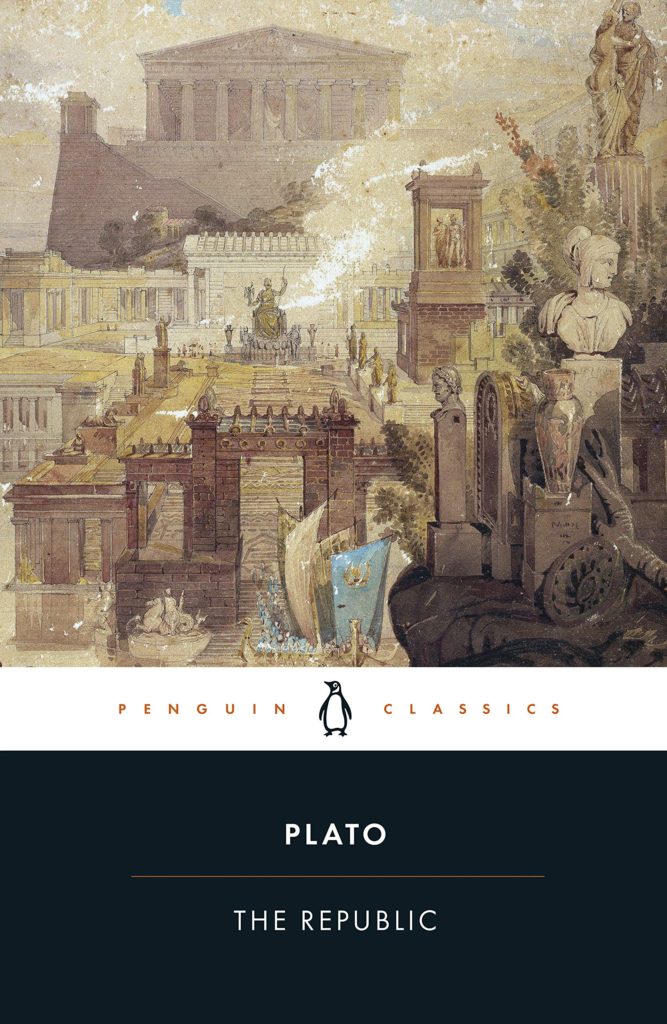
Similar to Homer’s Iliad, Plato’s Republic does not report historical fact. Rather, it’s a seminal work of philosophy produced during the Classical Period of ancient Greece. And for this reason, it’s being included among the best ancient history books.
It’s in this greatest of Plato’s dialogues that we learn Socrates’ views on justice, beauty, and truth. The dialogue also introduces readers to the famous cave allegory and Plato’s ideal state.
Plato’s Republic is foundational to all of the Western philosophy that would come after it. And, therefore, it’s essential reading for ancient historians.
Lives of the Noble Greeks and Romans by Plutarch
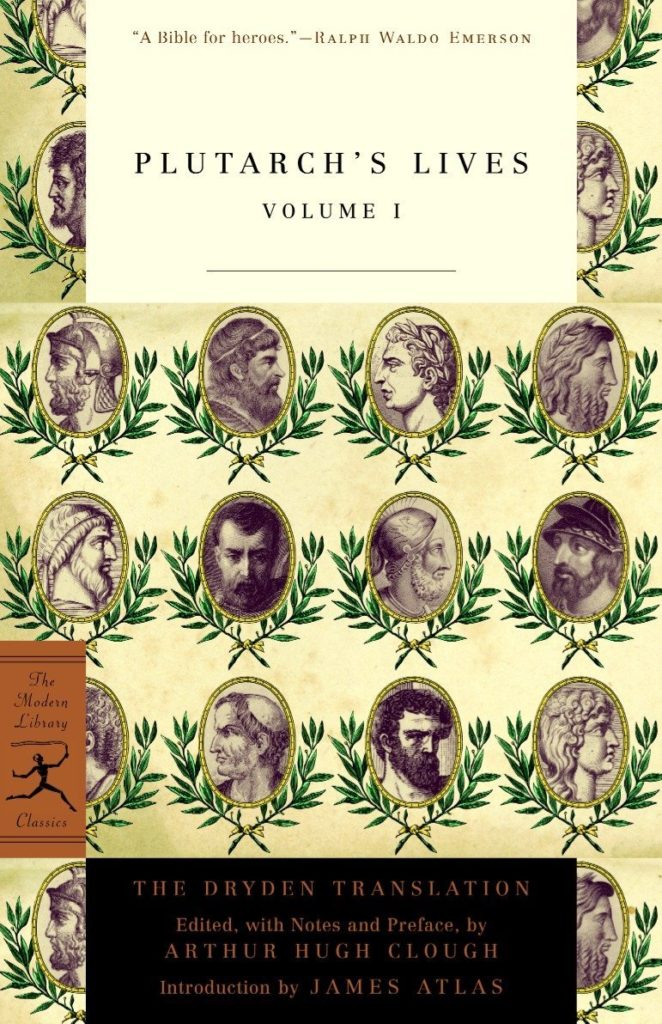
If you’re interested in learning more about the lives of famous figures like Marc Antony, Julius Caesar, Cato, and Cleopatra, then read Plutarch’s Lives. This riveting text deserves its place among the best ancient history books simply because of the amount of detailed information it contains about so many ancient characters.
Plutarch was a Greek biographer and historian. He was born in 46 AD and lived during some of the golden years of the Roman Empire. He started his career writing about the lives of Roman emperors. Later on, he expanded his biographies to include all sorts of illustrious Greeks and Romans, mostly from the pre-Christian era.
Natural History by Pliny the Elder
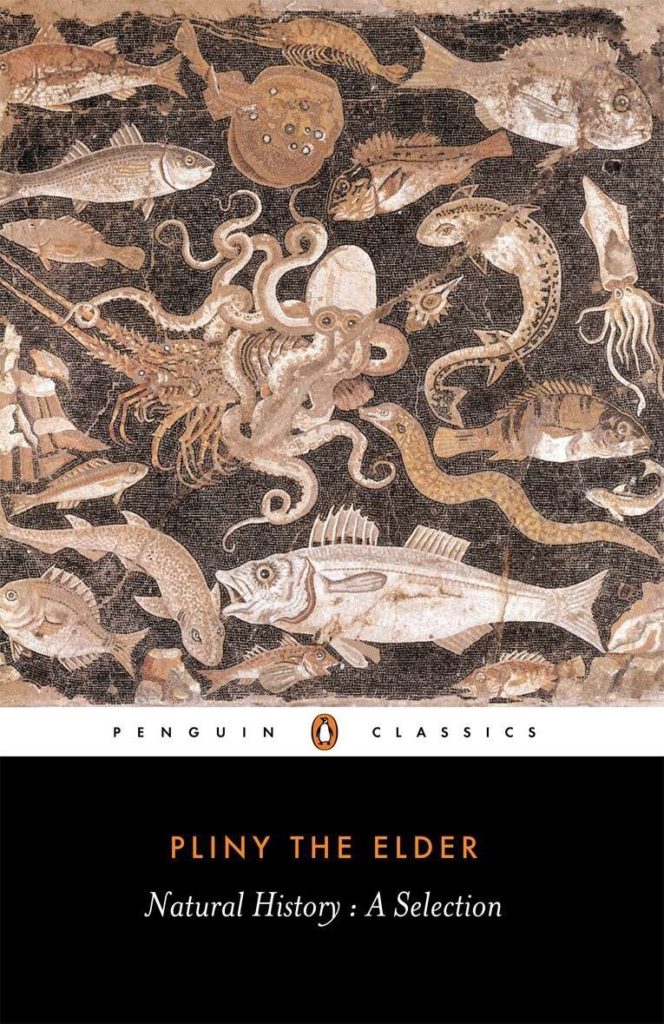
Natural History by Pliny the Elder is the largest fully-preserved text to come out of the Roman Empire. In addition to history, it reports on numerous topics. These include mathematics, botany, geography, and art. And most of the information contained within it comes from other authors.
The text is full of fascinating intrigues, such as how ancient obelisks were transported from Egypt to Rome. If you’re interested in a sweeping overview of the ancient world that covers a diversity of topics, this ancient text is worth a read.
Metamorphoses by Ovid
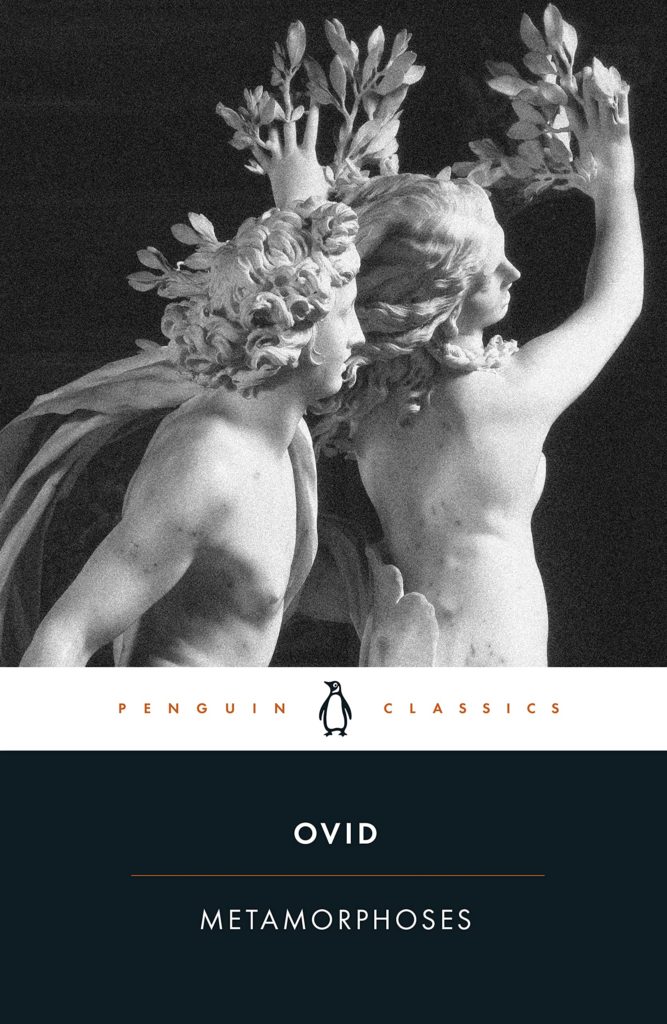
The last text on this list of best ancient history books is Metamorphoses by the Roman author, Ovid. Metamorphoses is not a history at all, but rather a vivid retelling of the ancient Greek fables and stories. Ovid lived during the years of the early Roman Empire. In 8 AD, under the patronage of Caesar Augustus, he published this compilation of over 250 stories from Greek mythology.
There’s a theme of transformation throughout each of the stories. Ovid’s Metamorphoses made these fables accessible to the average Roman.
Politics by Aristotle
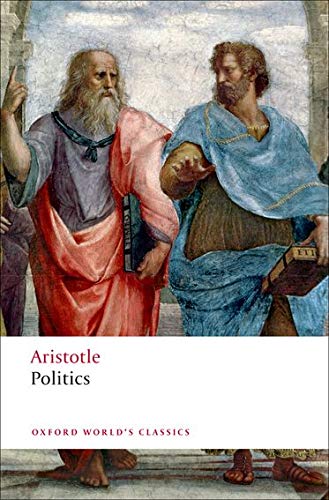
Aristotle was the greatest mind of the Late Classical period of ancient Greece. He was the pupil of Plato and the tutor of Alexander the Great.
And although this text is a work of philosophy, Aristotle was more than just a philosopher. He was a polymath, meaning he was an expert on a multitude of subjects.
Politics is one of the best ancient history books because of the depth of Aristotle’s exploration of the relationship between states and their citizens. His thesis is that there is a reciprocity between the virtuous citizen and the virtuous state that leads to the best outcomes for both.
This text is essential reading for students of political science or anyone, more generally, who is interested in understanding the political paradigms that shape our world.
